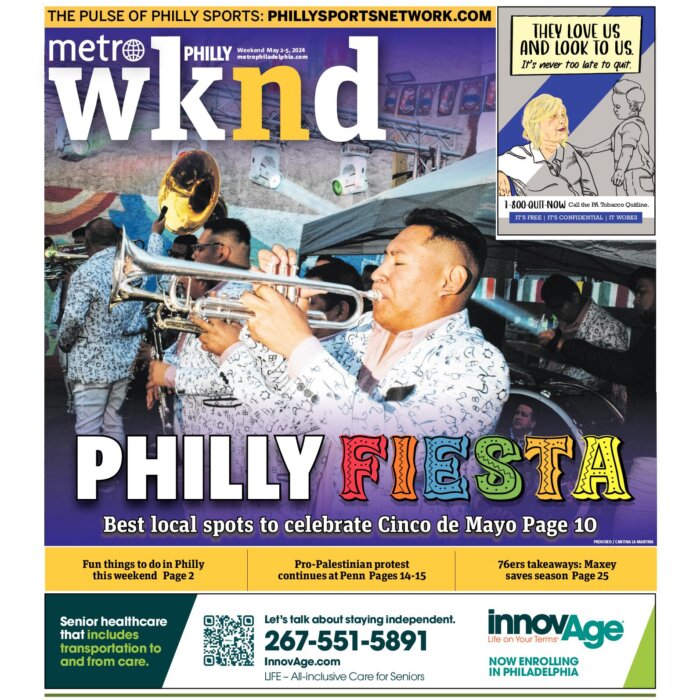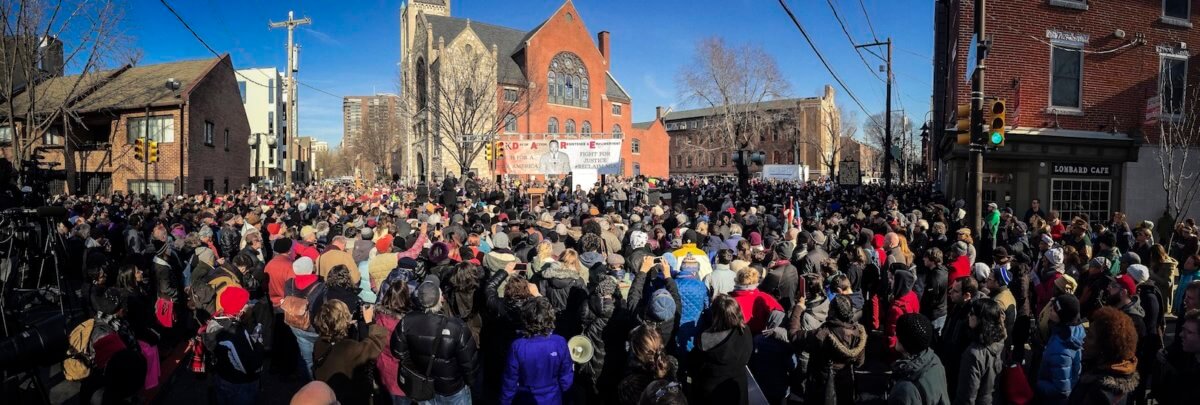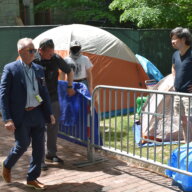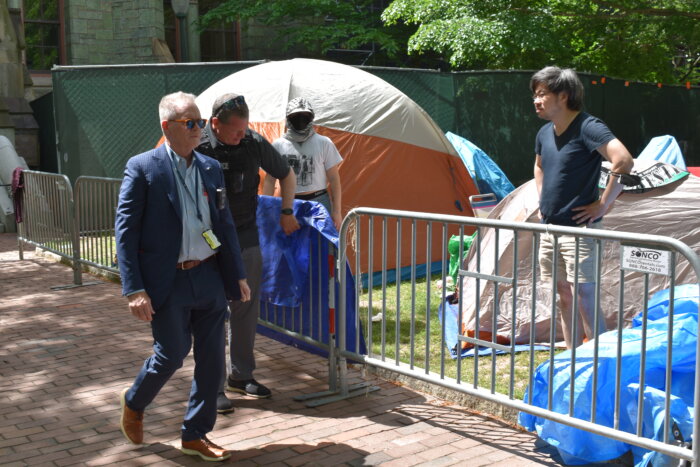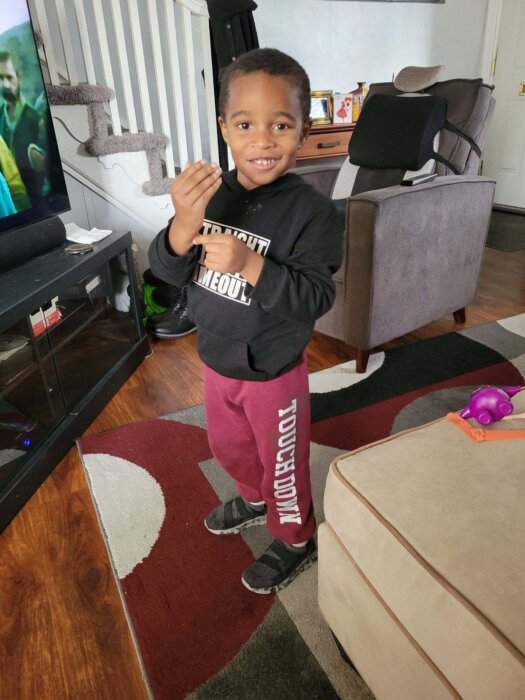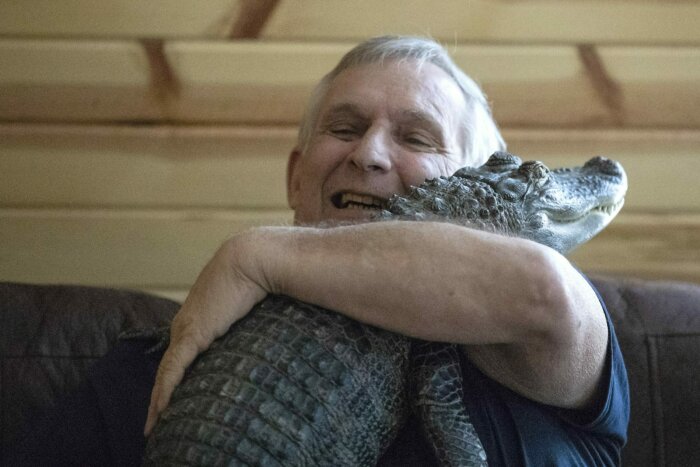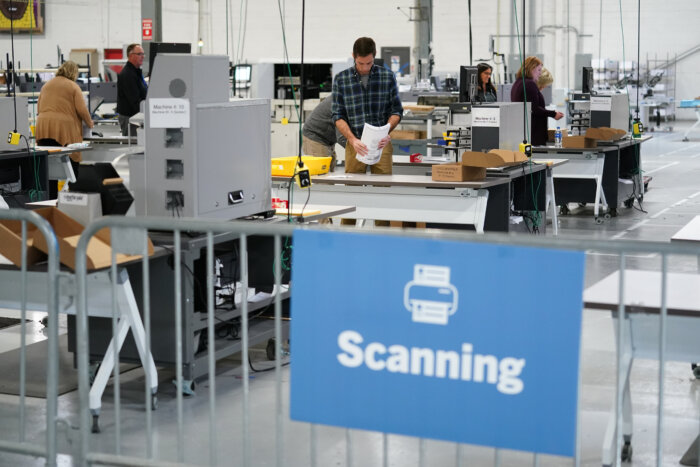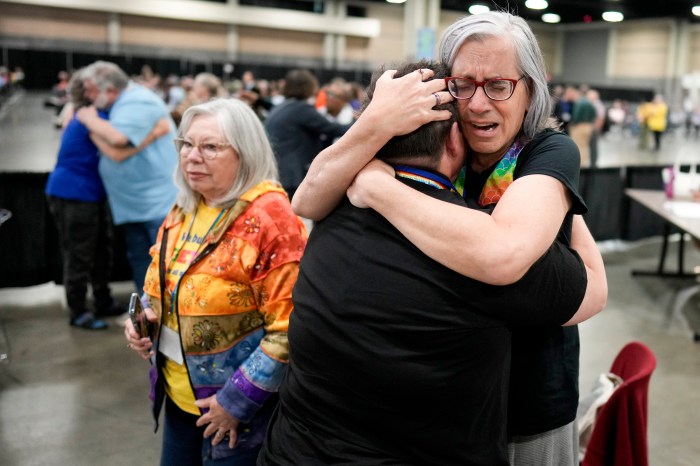Every year, the City of Philadelphia spends about $60 million on anti-violence programs.
But, according to Shondell Revell, head of Philadelphia’s new Office of Violence Prevention, these efforts have largely been separate endeavors that haven’t always been very productive for the community.
“You have several in the community that haven’t helped the community at all,” said Revell in a recent interview with Metro.
Instead, he said that, without intergovernmental organization, these programs can be ineffective, inefficient and often, work in something of a bubble by never coordinating efforts in ways that could make them much more effective.
“Everyone works in a silo,” he said. “We can’t just look at high crime areas and ignore low crime areas.”
Revell, who was formally appointed the as executive director of the new office last week, has previously served as executive director of the Youth Violence Reduction Partnership as well as a correction officer with New York State Division for Youth, a social worker with Youth Opportunities Philadelphia, and as the senior manager for the Philadelphia Anti-Drug Anti-Violence Network.
In fact, back in 2007, while working as a case worker for juvenile offenders, Revell was interviewed by CNN, where he talked about addressing a cycle of violence that youth offenders can fall into.
As a father of three daughters, the 48-year-old Revell said that he has long worked in violence prevention in the hopes of making the world a better place, especially for his daughters, and he hopes that this office could help him achieve that goal.
“I’m trying to change the world. I’m trying to change their world,” he said. “This is a very holistic approach.”
To do that, Revell said that his office is starting to look at the various anti-violence programs that get city funding – he said it was too early to discuss just which ones specifically – in order to see what works and what doesn’t. Then, he said, the plan is to determine if some could benefit from additional funding or if the programs are a waste of funds.
“Things haven’t always worked the way that we want them to work,” he said. “And, now, we are addressing that… I’m excited about it.”
Along with evaluating how the city is spending its tax dollars on anti-violence initiatives, Revell said he will be going into communities and talking to people most effected by the crimes these initiatives are meant to address.
“They are going to complain, but you’re going to hear a lot of truth in that,” he said of meeting with residents. “I’m going out there to find out what’s going on.”
Also, Revell said, he hopes his office’s efforts will be able to root out any ineffective elements of existing anti-violence initiatives in an effort to cut out waste and help give those who are making a positive impact on the community the ability to have more success.
“We have a lot of good service workers who are being mismanaged,” said Revell.
Revell said that his office will also be working with City Council’s recently created Special Committee on Gun Violence Prevention. The office will also be researching, what Revell called “upticks” in criminal activity and the office plans to look at long-term solutions to violence, while providing regular monitoring and follow up on these initiatives.
Overall, Revell said he doesn’t want to rush anything. Instead, he’s hoping that through planning, review and coordination, his office can help improve anti-violence efforts throughout the city and make the neccessary changes in order to ensure that taxpayer money is making a difference.
Because, he said, what really matters is that local residents feel safe in the City of Brotherly Love.
“I’ve been asking ‘how do we give people hope?’” he said. “People need to feel better about going out their doors.”
